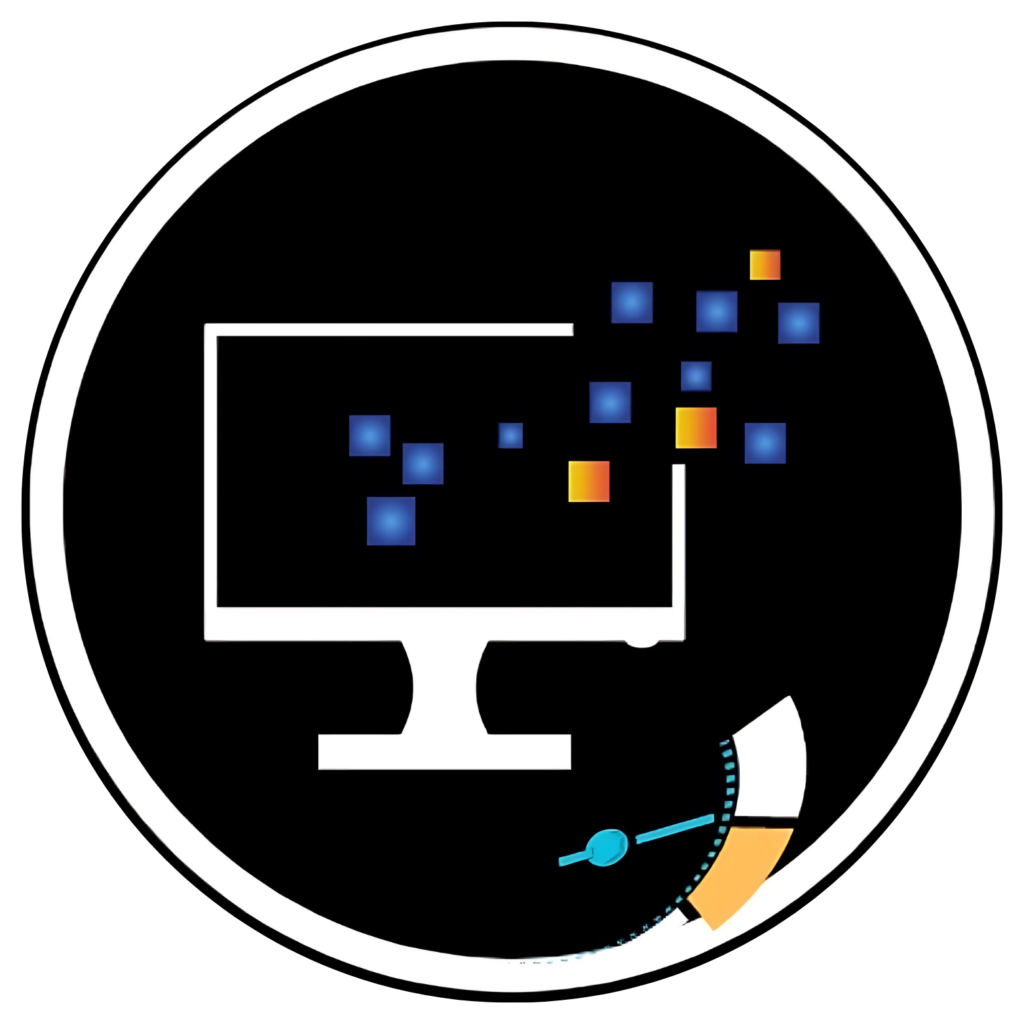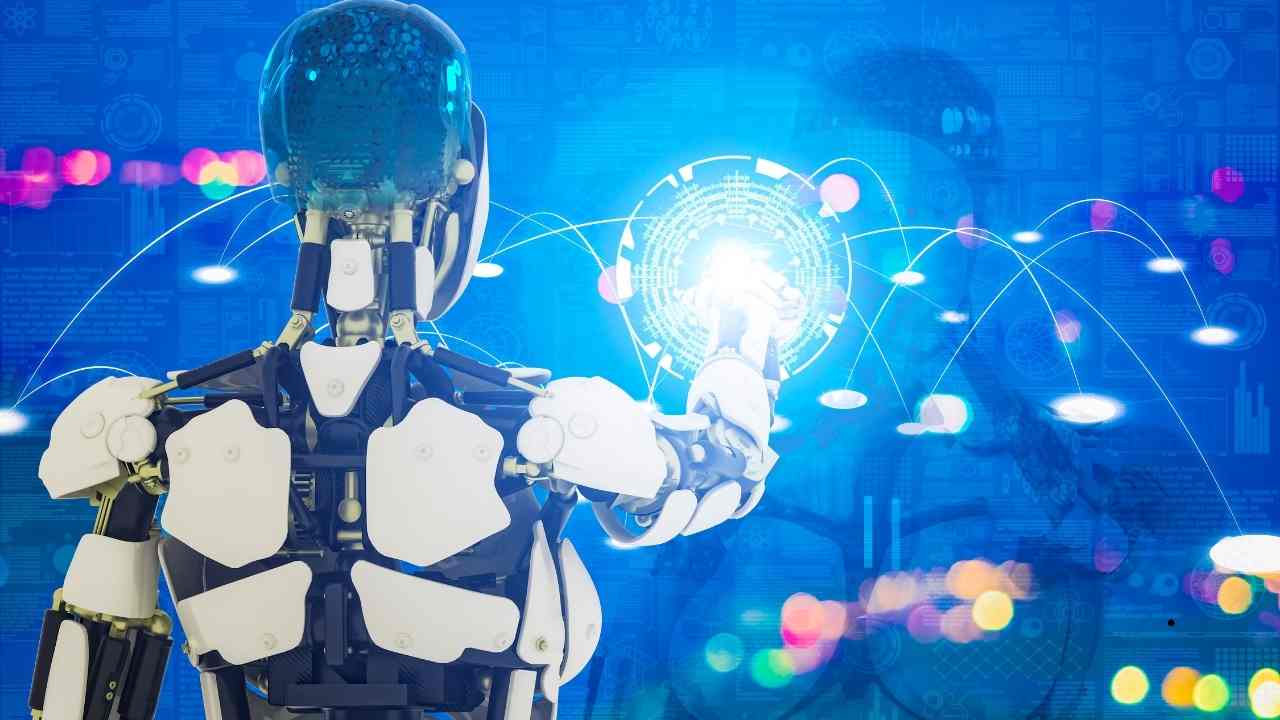Can AI Replace Human Intelligence?: Picture a Kolkata sweet shop where an AI system predicts daily rosogolla demand while the owner’s grandmother still insists on tasting every batch for “perfect mithaas (sweetness).” This duality defines India’s relationship with AI—a nation torn between cutting-edge innovation and timeless human traditions. With 45% of Indian companies adopting AI in 2025 (IBM Global AI Report) and over 500,000 tech graduates entering the workforce annually, the debate intensifies: Can AI truly mimic the chaap (imprint) of human intelligence, or will India’s heart and mind stay irreplaceable? Let’s dive deeper.
AI’s Superpowers: Where Machines Outperform Humans
Analogy: AI is like Mumbai’s local trains—fast and efficient but lacking the human stories in every compartment.
a) Data Crunching at Warp Speed
- Example: Indian fintech giant Paytm processes 1.4 billion monthly transactions using AI fraud detection, a task impossible manually.
- Stat: AI reduces financial fraud detection time by 90% in Indian banks (RBI Report 2023).
b) Precision in Repetitive Roles
- Case Study: Tata Motors cut assembly line errors by 40% using AI-powered quality checks.
- Actionable Tip: Automate invoicing, inventory, or customer support with tools like Zoho or Freshworks.
c) 24/7 Availability
- Healthcare: Apollo Hospitals’ AI chatbot “Ask Apollo” handles 50,000+ queries nightly, easing doctor burnout.
The Unshakeable Human Edge: Why AI Can’t Replicate ‘Jugaad’
Cultural Lens: India thrives on adaptability—from fixing tractors with duct tape to bargaining at Chor Bazaar.
a) Emotional Intelligence (EQ): The ‘Dil Se’ Factor
- Example: Swiggy delivery agents navigating monsoon floods with a smile—AI can’t replicate grit or warmth.
- Stat: 78% of Indian consumers prefer human customer service for complex issues (KPMG India Survey).
b) Creativity with Cultural Nuance
- Bollywood Magic: ChatGPT can draft scripts, but only a Rajkumar Hirani crafts 3 Idiots’ social commentary.
- Artisan Spotlight: Banarasi weavers use AI looms but rely on generational wisdom for intricate zari designs.
c) Ethical Decision-Making
- Dilemma: Should AI prioritize saving a pedestrian or passenger in a self-driving car? Humans weigh morality, caste/class biases, and legal nuances.
AI in India’s Key Sectors: Progress and Pitfalls
a) Agriculture: From Soil Sensors to Farmer Distress
- Success: ITC’s AI-powered “e-Choupal” aids 4 million farmers with real-time crop prices.
- Challenge: 60% of Indian farmers remain unaware of AI tools (NITI Aayog 2023).
b) Healthcare: Saving Lives vs. Missing Trust
- Breakthrough: Aravind Eye Care’s AI screens diabetic retinopathy in rural Tamil Nadu, cutting blindness rates.
- Hurdle: Only 22% of rural patients trust AI diagnoses over a doctor’s (PHFI Study).
c) Education: Personalized Learning or Digital Divide?
- EdTech Boom: BYJU’S and Unacademy use AI to tailor lessons for 50 million students.
- Reality Check: 70% of rural schools lack internet for AI tools (ASER Report).
Jobs at Risk vs. Jobs Reinvented: India’s Employment Crossroads
Stat: 69% of Indian IT professionals fear job loss to AI (LinkedIn Workforce Confidence Index).
a) High-Risk Roles
- Examples: Data entry clerks, telemarketers, and factory assemblers.
- Reskilling Success: Infosys trained 30,000 employees in AI/ML through its “Springboard” program.
b) Emerging AI-Hybrid Jobs
- AI Trainer: Teaching chatbots to understand Hindi dialects.
- Ethics Auditor: Ensuring AI algorithms don’t reinforce caste/gender biases.
c) Untouchable Professions
- Social Workers: Counseling COVID orphans in slums.
- Entrepreneurs: Building chai startups with AI-led supply chains but human connections.
The Gandhi Approach: Balancing AI and Humanity
Philosophical Angle: What would Gandhi say about AI? He’d likely advocate “tech with soul.”
a) Government Initiatives
- AI for All: NITI Aayog’s ₹7,000 crore plan to fund AI in agriculture, education, and smart cities.
- Digital India 2.0: Training 10 lakh youth in AI basics via PMKVY 4.0.
b) Grassroots Innovations
- Story: Kerala fishermen using WhatsApp + AI to predict fish availability and avoid overfishing.
- Tool: Google’s “Bolo” app helps rural kids learn to read with AI tutors.
c) Ethical Guardrails
- Need: India’s AI ethics policy to prevent misuse in surveillance or deepfakes.
- Inspiration: ISRO’s model—leveraging tech for national growth without compromising values.
Your AI Playbook: Thriving in India’s Techade
For Students:
- Learn: Free AI courses on NPTEL or NVIDIA’s “Deep Learning Institute.”
- Specialize: Combine AI with niche fields—Ayurveda, Sanskrit NLP, or climate science.
For Professionals:
- Upskill: Certifications in AI ethics, prompt engineering, or robotics.
- Pivot: Shift from coding to roles like AI product manager or UX designer for AI tools.
For Entrepreneurs:
- Localize: Use AI to solve hyper-local problems (e.g., detecting adulterated milk in Gujarat).
- Collaborate: Partner with NGOs—AI for tracking malnutrition in Anganwadis.
Can Human Intelligence Be Replaced by Artificial Intelligence?
Artificial Intelligence (AI) is advancing rapidly and is capable of performing many tasks that were once exclusive to humans. AI can process data, identify patterns, and automate complex tasks with great efficiency. However, human intelligence is not just about calculations and logic—it includes emotions, creativity, moral values, and social understanding. AI lacks empathy, intuition, and ethical reasoning, which are essential in many aspects of life. While AI can assist and enhance human capabilities, completely replacing human intelligence seems unlikely.
Can AI Exceed Human Intelligence?
AI has already surpassed human abilities in certain areas like data analysis, game strategies, and automation. The concept of artificial superintelligence suggests that AI may one day develop cognitive abilities beyond human intelligence. However, intelligence is not just about speed and accuracy; it also includes creativity, emotional depth, and ethical decision-making. Human brains learn from experience, emotions, and cultural interactions, whereas AI depends on algorithms and data inputs. While AI may outperform humans in specific tasks, whether it can fully surpass human intelligence in all aspects remains uncertain.
What Jobs Will AI Not Replace?
AI can automate many jobs, but certain professions require a human touch and emotional intelligence, which AI cannot replicate. Doctors, nurses, and therapists, for example, provide care and empathy that machines cannot. Teachers offer personalized guidance and mentorship that go beyond textbook knowledge. Creative fields like writing, filmmaking, music, and painting rely on human imagination and originality. Leadership roles, legal experts, and social workers also require critical thinking, ethics, and interpersonal skills. While AI will continue to transform industries, many jobs that require human connection, creativity, and decision-making will remain irreplaceable.
Conclusion: Can AI Replace Human Intelligence
AI isn’t a replacement but a sahayak (helper) in India’s growth story. Like the harmonium in a qawwali, AI provides the rhythm, but humans bring the poetry. As we build Digital Bharat, let’s ensure AI amplifies our dabbawalas’ efficiency, our teachers’ empathy, and our farmers’ resilience. The future isn’t man vs. machine—it’s man, machine, and mitti (soil), working in tandem.


